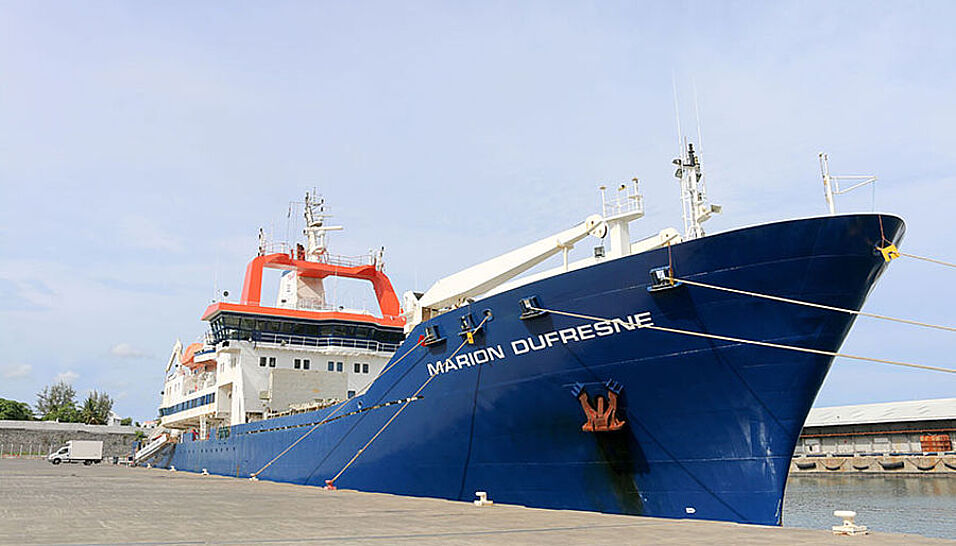The expedition "Moby Dick" is going to bring five young scientists from the Department of Limnology and Bio-Oceanography to Kerguelen islands, which lie at about 50 ° S in one of the windiest areas of the earth. Here, the wind blows at an average of 60 kilometers per hour throughout the year, the water is freezing cold and even otherwise this stain of the sea does not seem superficially life-friendly. Nevertheless, due to the high nutrient content and natural iron deposits - an important additive for plant growth - the phytoplankton around the islands grows massively in the southern summer. "On the expedition, we are embedded in a thirty-member team of scientists to track the growth and decline of these algal blooms from the surface of the water to the great depths of the southern ocean. As experts for the "dark side" of the sea, we at the University of Vienna are responsible for the measurements of bacterial processes in the deep sea", says Thomas Reinthaler. [read more]
***
For just over two weeks, the five-member team of the Department of Limnology and Bio-Oceanography has been on the expedition in the southern Indian Ocean. The scientists report on their daily life on board of the Marion Dufresne - Master student Meriel Bittner writes about her first expedition here.
***
It is now halfway on the expedition to the Southern Ocean and the University staff already performed countless measurements at various locations. For a week there are strong winds. Despite the turbulent sea and the ever-changing waves of up to eight meters in height, the ship's crew launches a variety of instruments. [read more]

